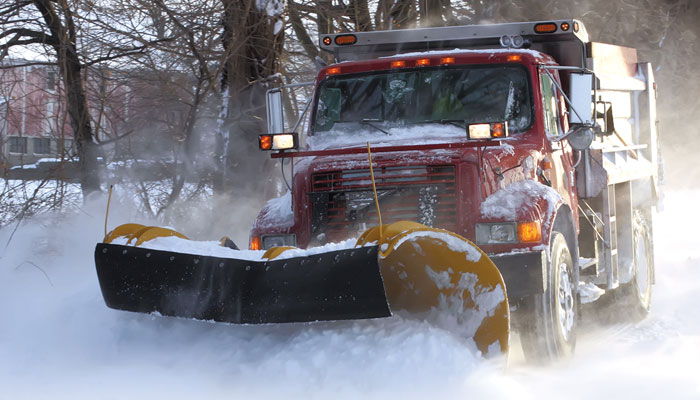Document the cause and notify your insurer to improve your case
The winter of 2014-2015 has already gone into the history books as the snowiest in New England’s history. Although the snow has mercifully stopped falling, energy retailers may be in for a flurry of insurance claims and lawsuits filed to recover damages caused by freeze-ups and burst water pipes that were the result of heating oil or propane run-outs due to non-delivery.
The unprecedented stretch of heavy snow and extreme cold challenged every oil and propane dealer, and not all were able to respond. Whether it was roads made impassable by deep snow (whose removal was often delayed), driveways and walkways that had not been cleared, or fill pipes blocked by snowdrifts, some dealers simply could not get product to customers.
In some cases this resulted in the customer running out of fuel, which led to frozen pipes, water leaks and damage to the home. This is an especially unfortunate situation if the customer was on an automatic delivery schedule and might reasonably expect their tank to remain filled.
We expect many customers whose homes were damaged as a result of a freeze-up due to running out of heating oil or propane will file a claim against their homeowner’s insurance, and that most insurers will pay those claims. However, that does not mean that the retailer who failed to deliver is off the hook.
First, there may be some homeowners who choose to take legal action directly against their dealer to recover damages through a “breach of contract” suit. This may be because the customer chooses not to file an insurance claim to avoid the possibility of facing higher premiums in the future, or because they had no insurance on their home or inadequate coverage under their homeowner’s policy.
‘Act of God’ Defense
A more likely consequence is that the insurance companies who pay out claims will seek to recover their costs by taking legal action against the dealer and the dealer’s liability insurance company through the process of subrogation. Whether directly or through subrogation, the oil or propane dealer and liability insurer face the prospect of being sued for thousands or tens of thousands of dollars.
However, the extreme winter weather that prevented delivery of fuel in the first place could be the circumstance that helps the dealer avoid paying expensive damages. There are legal precedents that have successfully used an “Act of God” defense to deflect liability.
Whether or not this defense will be successful depends on many factors, including whether or not the dealer has documented attempts at delivery, if the dealer can prove that fill pipes and tanks were inaccessible because the homeowner failed to clear them, and if the courts accept the record-setting snow and cold as an “Act of God” or if they choose to see it as an event that could have been anticipated.
If you have a customer—especially an automatic delivery customer—who experienced damage to their home because you could not deliver fuel, you should not take a “wait and see” attitude regarding the possibility of legal action. Start by reporting any run-out situations you experienced to your liability insurance company immediately. Don’t wait for them to be surprised by a subrogation claim that comes out of the blue.
Now is the time to begin the process of preparing answers about delivery attempts, weather and road conditions, accessibility and the hundreds of other questions you’ll face. While it may seem obvious to you that the extraordinary winter weather conditions were to blame for failed deliveries, your customers affected by run-outs—and the courts—may see things differently.


